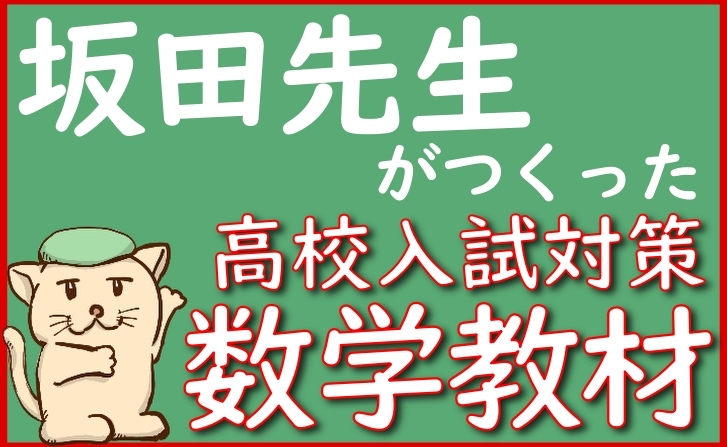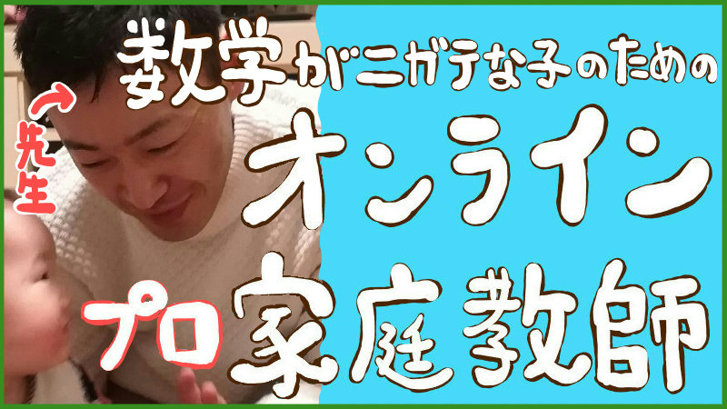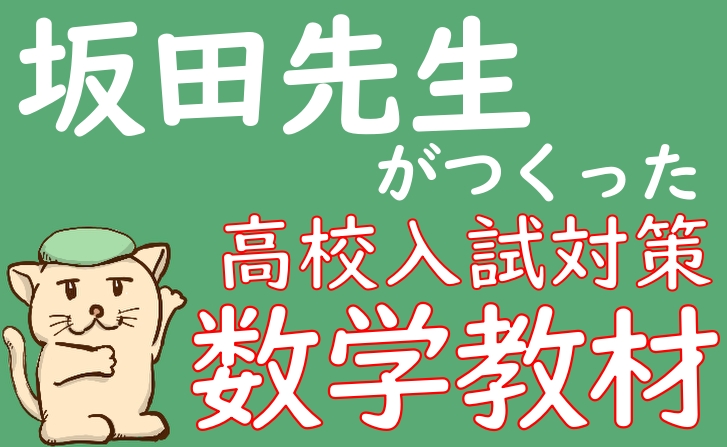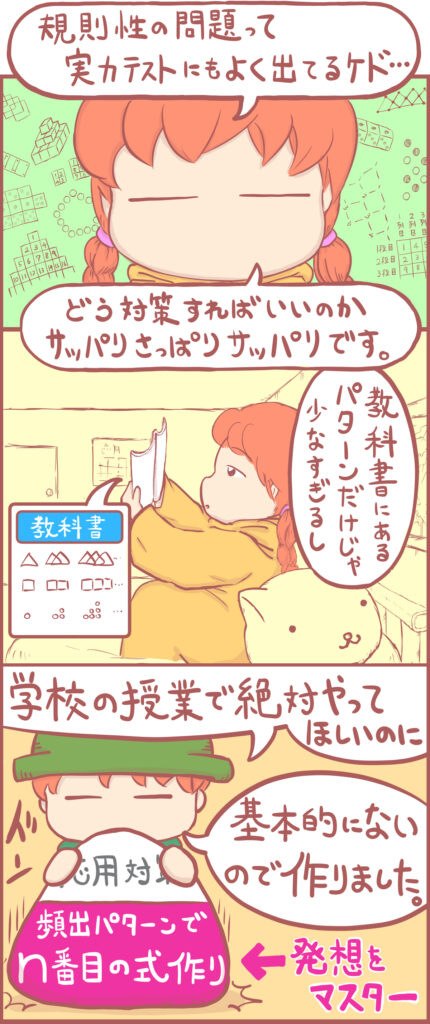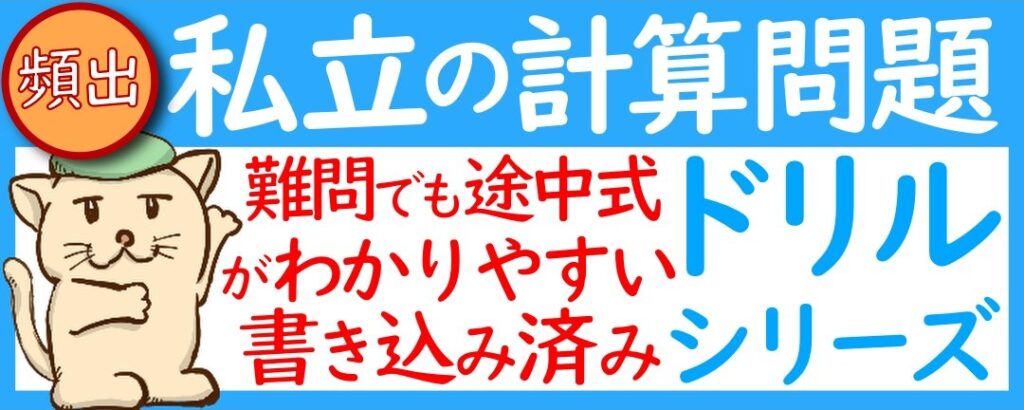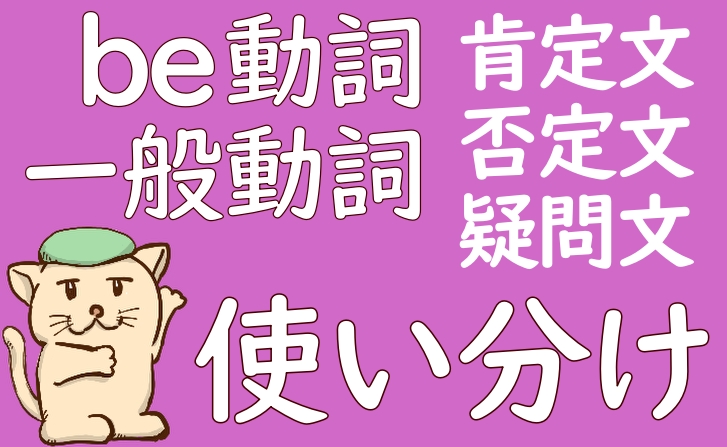


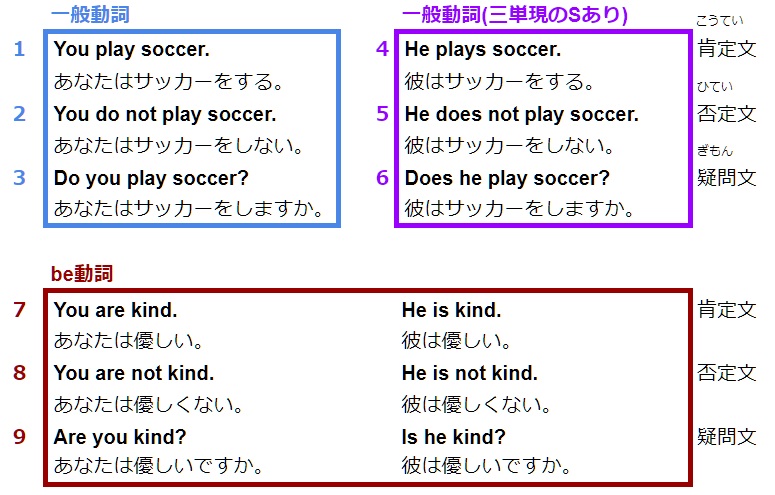
・一般動詞
・一般動詞(三単現のSあり)
・be動詞

be動詞と一般動詞の肯定文、否定文、疑問文を識別する練習問題

【問題】否定文と疑問文を作りなさい。
You drink coffee.
(あなたはコーヒーを飲む。)
あなたはコーヒーを飲む。
2:You do not drink coffee.
あなたはコーヒーを飲まない。
3:Do you drink coffee?
あなたはコーヒーを飲みますか。

【問題】否定文と疑問文を作りなさい。
He drinks coffee.
(彼はコーヒーを飲む。)
彼はコーヒーを飲む。
5:He does not drink coffee.
彼はコーヒーを飲まない。
6:Does he drink coffee?
彼はコーヒーを飲みますか。

【問題】否定文と疑問文を作りなさい。
She is happy.
(彼女は幸せです。)
彼女は幸せです。
8:She is not happy.
彼女は幸せではありません。
9:Is she happy?
彼女は幸せですか?

【問題】否定文と疑問文を作りなさい。
This dog is big.
(この犬は大きいです。)
この犬は大きいです。
8:This dog is not big.
この犬は大きくない。
9:Is this dog big?
この犬は大きいですか。

【問題】主語をKenに置き換えなさい。
You eat sushi.
(あなたは寿司を食べる。)
ケンは寿司を食べます。
【1→4への変換です】

【問題】肯定文になおしなさい。
Does Emi speak English?
(恵美は英語を話しますか。)
恵美は英語を話します。
【5→4への変換です】

【問題】肯定文になおしなさい。
Does Emi speak English?
(恵美は英語を話しますか。)
恵美は英語を話します。
【6→4への変換です】

【問題】肯定文になおしなさい。
My mother does not read novels.
(私の母は小説を読みません。)
私の母は小説を読みます。
【5→4への変換です】

【問題】肯定文になおしなさい。
My mother does not read novels.
(私の母は小説を読みません。)
私の母は小説を読みます。
【5→4への変換です】

【問題】空欄に当てはまる英単語を答えなさい。
My older brother ( ) cats.
私の兄は猫が好きです。
My younger brother ( ) busy.
私の弟は忙しい。
私の兄は猫が好きです。
7:My younger brother is busy.
私の弟は忙しい。

【問題】空欄に当てはまる英単語を答えなさい。
Children ( ) music.
子供たちは音楽が好きです。
Children ( ) busy.
子供たちは忙しい。
子供たちは音楽が好きです。
7:Children are busy.
子供たちは忙しい。
【主語が子供たちなので、複数である点に注意してください。】

be動詞と一般動詞|否定文と疑問文の選択問題

彼は学生ですか?
( Do, Are ) they students?
彼らは学生ですか?
They ( don’t, aren’t ) tired.
彼らは疲れていません。
( Do, Are ) you know the answer?
あなたは答えを知っていますか?
The cat ( doesn’t, isn’t ) sleep on the bed.
猫はベッドの上で寝ません。
She ( doesn’t, isn’t ) at the office.
彼女はオフィスにいません。
The bird ( doesn’t, isn’t ) sing at night.
鳥は夜に歌いません。
He ( doesn’t, isn’t ) go to the gym.
彼はジムに行きません。
I ( don’t, aren’t ) drink milk.
私は牛乳を飲みません。
She ( doesn’t, isn’t ) eat spicy food.
彼女は辛い食べ物を食べません。
The movie ( doesn’t, isn’t ) interesting.
その映画は面白くない。
( Do, Are ) they eat breakfast together?
彼らは一緒に朝食を食べますか?
They ( don’t, aren’t ) have a pet dog.
彼らは犬を飼っていません。
The food ( doesn’t, isn’t ) tasty.
その食べ物はおいしくない。
We ( don’t, aren’t ) live in Tokyo.
私たちは東京に住んでいません。
He ( doesn’t, isn’t ) watch television.
彼はテレビを見ません。
( Does, Is ) he your brother?
彼はあなたの兄弟ですか?
( Does, Is ) she play the guitar?
彼女はギターを弾きますか?
( Do, Are ) you from America?
あなたはアメリカ出身ですか?
We ( don’t, aren’t ) study French.
私たちはフランス語を勉強しません。
( Does, Is ) he have a bicycle?
彼は自転車を持っていますか?
The class ( doesn’t, isn’t ) difficult.
その授業は難しくない。
( Does, Is ) she have a sister?
彼女には姉妹がいますか?
The weather ( doesn’t, isn’t ) hot today.
今日の天気は暑くない。
( Do, Are ) the windows open?
窓は開いていますか?
( Do, Are ) you like jazz music?
あなたはジャズ音楽が好きですか?
( Does, Is ) the library open today?
今日、図書館は開いていますか?
She ( doesn’t, isn’t ) feeling well.
彼女は気分が良くない。
( Do, Are ) they play tennis on Sundays?
彼らは日曜日にテニスをしますか?
This book ( doesn’t, isn’t ) boring.
この本は退屈ではない。
She ( doesn’t, isn’t ) write letters anymore.
彼女はもう手紙を書きません。
( Does, Is ) he in the park?
彼は公園にいますか?
His answer ( doesn’t, isn’t ) correct.
彼の答えは正しくない。
( Are, Do ) we late for the meeting?
私たちは会議に遅れていますか?
( Does, Is ) the museum open on Mondays?
博物館は月曜日に開いていますか?
( Do, Are ) the doors locked?
ドアは施錠されていますか?
The cat ( doesn’t, isn’t ) like fish.
猫は魚が好きではない。
She ( doesn’t, isn’t ) wear glasses.
彼女は眼鏡をかけていない。
( Do, Are ) you remember her name?
あなたは彼女の名前を覚えていますか?
The cake ( doesn’t, isn’t ) delicious.
そのケーキはおいしくない。
( Does, Is ) she work in the bank?
彼女は銀行で働いていますか?
We ( don’t, aren’t ) listen to the radio.
私たちはラジオを聴いていません。
The water ( doesn’t, isn’t ) clean.
その水はきれいではない。
( Do, Are ) they often travel?
彼らはよく旅行しますか?
He ( doesn’t, isn’t ) understand the problem.
彼はその問題を理解していない。
The computer ( doesn’t, isn’t ) work properly.
コンピューターは正しく動作しない。
They ( don’t, aren’t ) in the same team.
彼らは同じチームにはいない。
( Do, Are ) the kids play in the garden?
子供たちは庭で遊びますか?
( Does, Is ) the sun shine brightly?
太陽は明るく輝いていますか?
( Does, Is ) it cold outside?
外は寒いですか?
( Does, Is ) the train arrive on time?
電車は時間通りに到着しますか?

